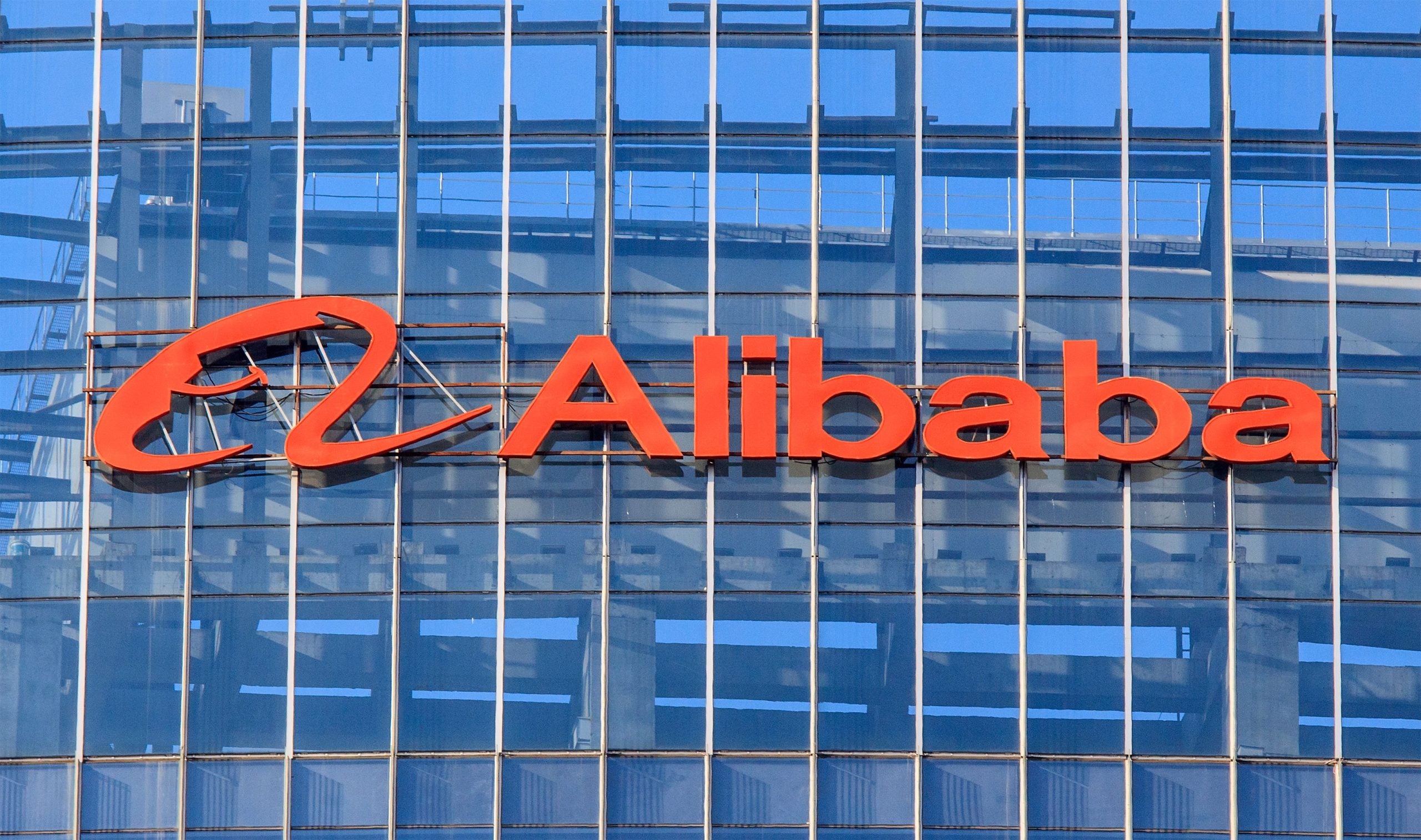
Chinese Big Tech company, Alibaba Group, has plans to invest $2bn in Turkey, the company has told Turkish President Tayyip Erdogan in a meeting.
Alibaba president, Michael Evans, made the announcement following a meeting with the Turkish President Erdogan on Friday (15 Sept), according to a statement from the company’s Turkish unit, Trendyol.

Access deeper industry intelligence
Experience unmatched clarity with a single platform that combines unique data, AI, and human expertise.
Evans said the company has already invested $1.4bn in Turkey through Trendyol, the country’s largest e-commerce platform.
Trendyol raised $1.5bn in a funding round in August 2021, bringing the company’s valuation to $16.5bn. The round was led by SoftBank Vision Fund 2, General Atlantic, Princeville Capital and sovereign wealth funds, ADQ (UAE) and Qatar Investment Authority.
In 2021, Turkey launched an antitrust investigation into Trendyol which saw Turkey’s top court uphold restrictions on the large e-commerce platforms’ advertising spending. Trendyol was then fined $2.3m by Turkey’s Antitrust Board.
Alibaba, which purchased Trendyol in 2018, raised its stake to 86.5% in April 2021 with a $350m investment in the platform.

US Tariffs are shifting - will you react or anticipate?
Don’t let policy changes catch you off guard. Stay proactive with real-time data and expert analysis.
By GlobalDataAlibaba, which has been investing heavily in AI, showcased its new products in July as companies compete to lead the global AI product market.
Alibaba subsidiary, Alibaba Cloud, presented an image generator at the World Artificial Intelligence Conference in Shanghai, to compete with the popular Midjourney generative AI image programme.
More recently, Alibaba’s cloud arm announced plans to raise up to $3bn from state-owned enterprises. The e-commerce giant plans to spin off the cloud division by giving stock dividends to shareholders within a year.






